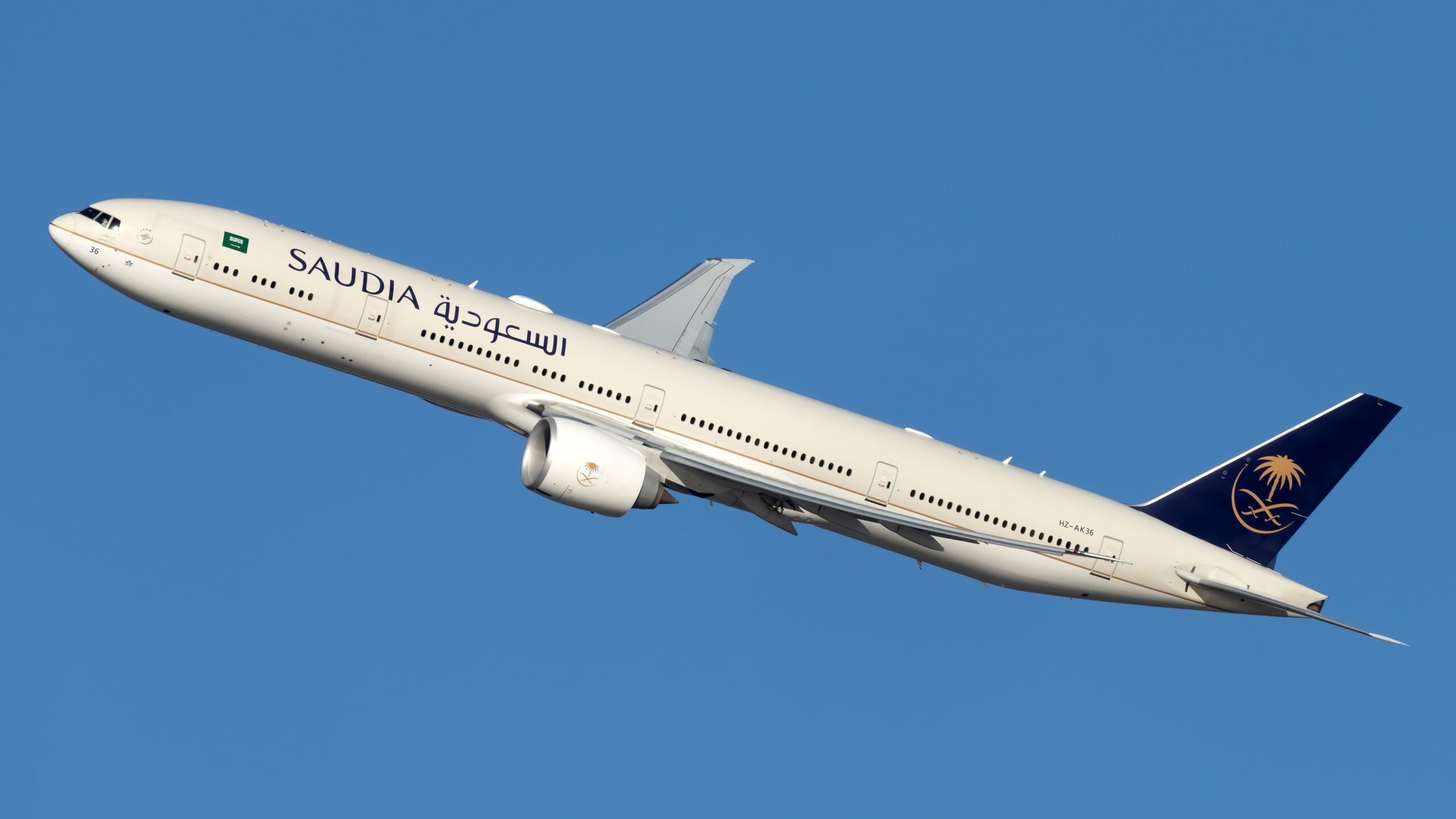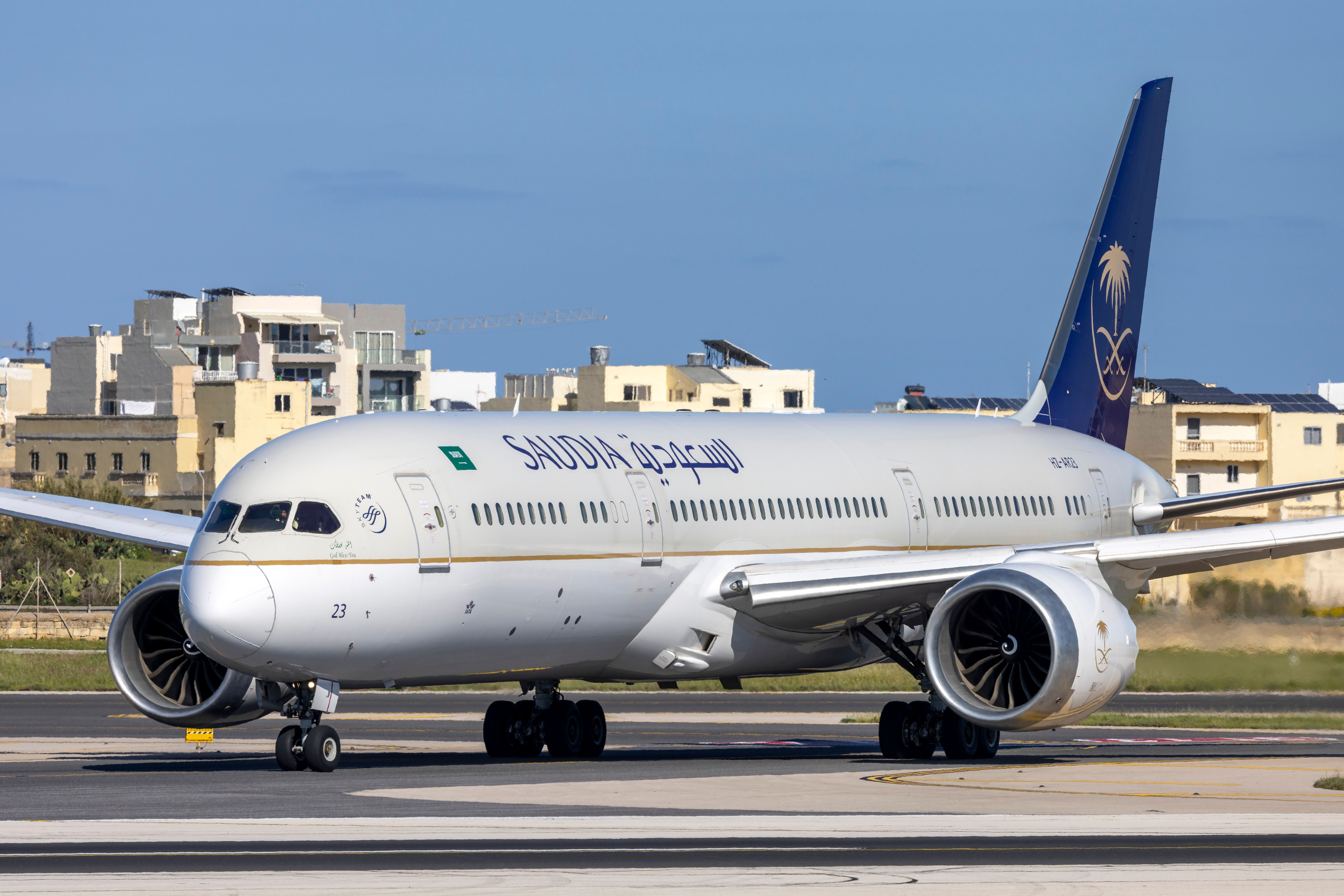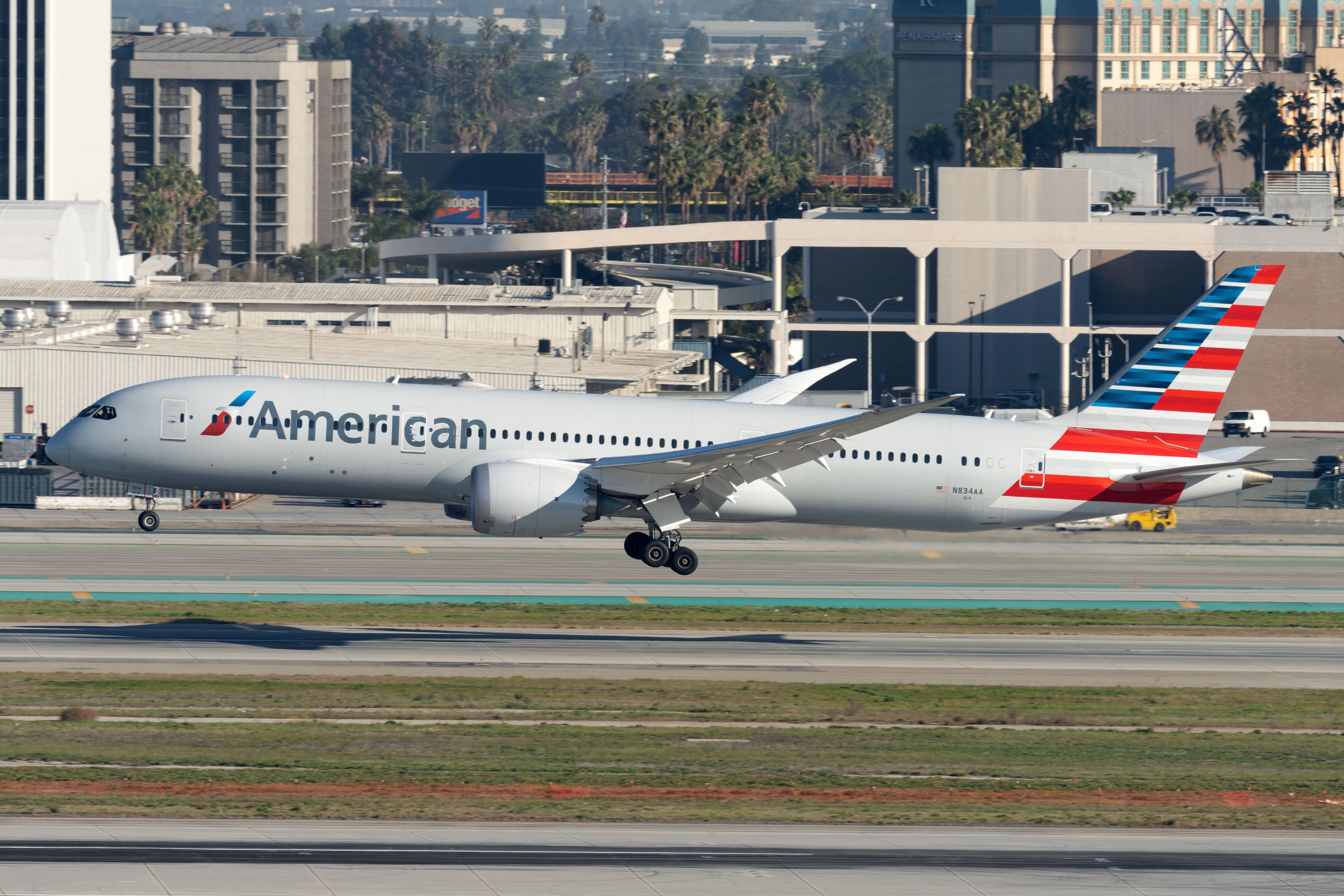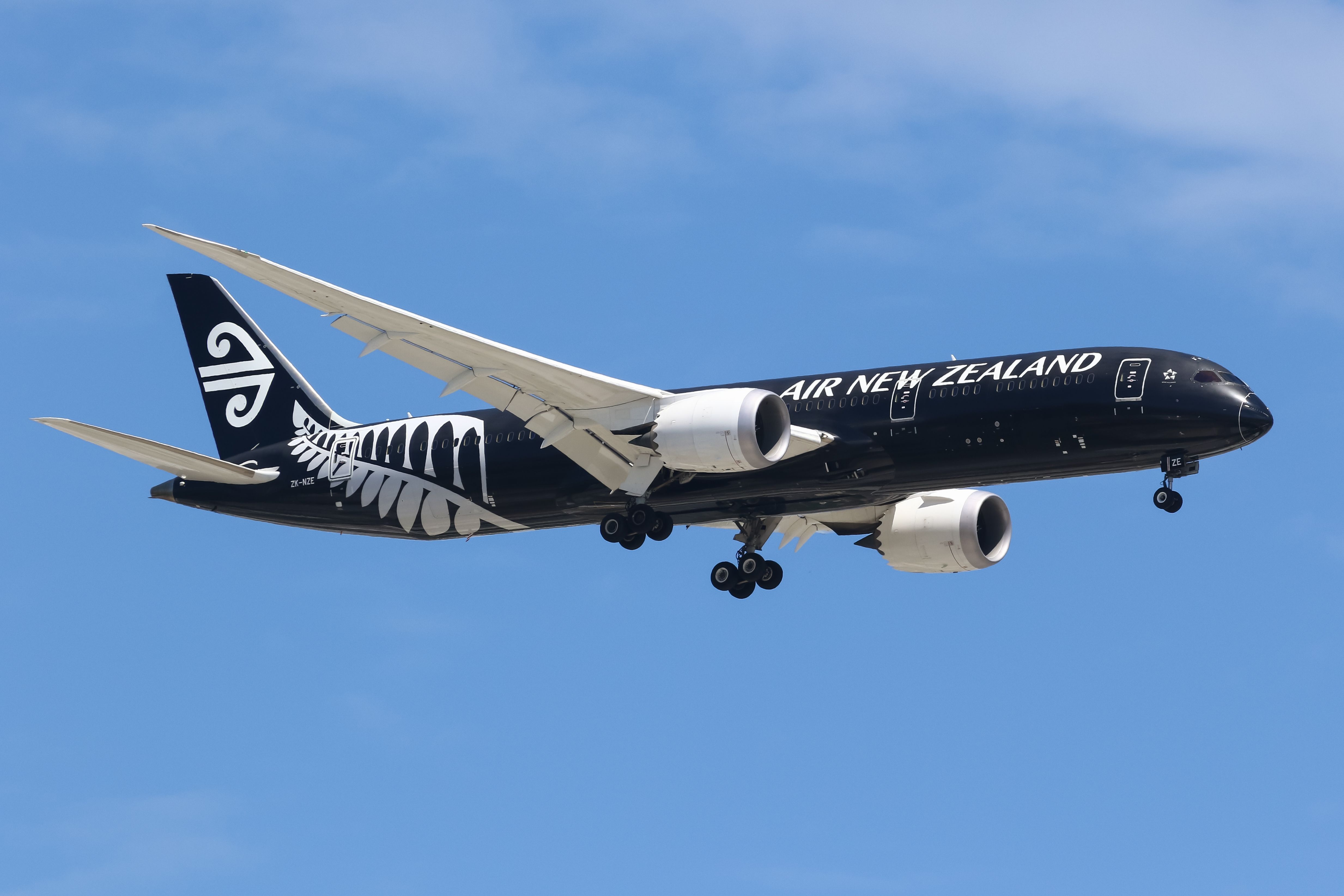Summary
- Several airlines, especially in the Middle East, ban alcohol sales on all flights.
- Some airlines only restrict alcohol sales on certain routes, like to popular party destinations or on early morning flights.
- Due to the lower oxygen levels in cabins, passengers get drunk quicker in flight, leading to unruly behavior.
For many passengers, a glass of wine or a can of beer is part of the flying experience. However, other travelers wouldn’t expect to see a single drop of alcohol onboard their flight. In fact, numerous airlines outright restrict alcohol on their services, while in other instances, carriers can temporarily suspend the availability of alcohol or restrict/ban its sale on certain routes.
Because of all the debate on whether booze should be offered in airports and on aircraft, the aviation industry is still pro-alcohol. While the rules state that passengers cannot be intoxicated before or during a flight, it happens quite a lot, and the news cycle is full of stories of drunken, unruly passengers causing trouble. However, airlines are free to impose their own policies, and many have banned the sale or consumption of alcohol on their planes.
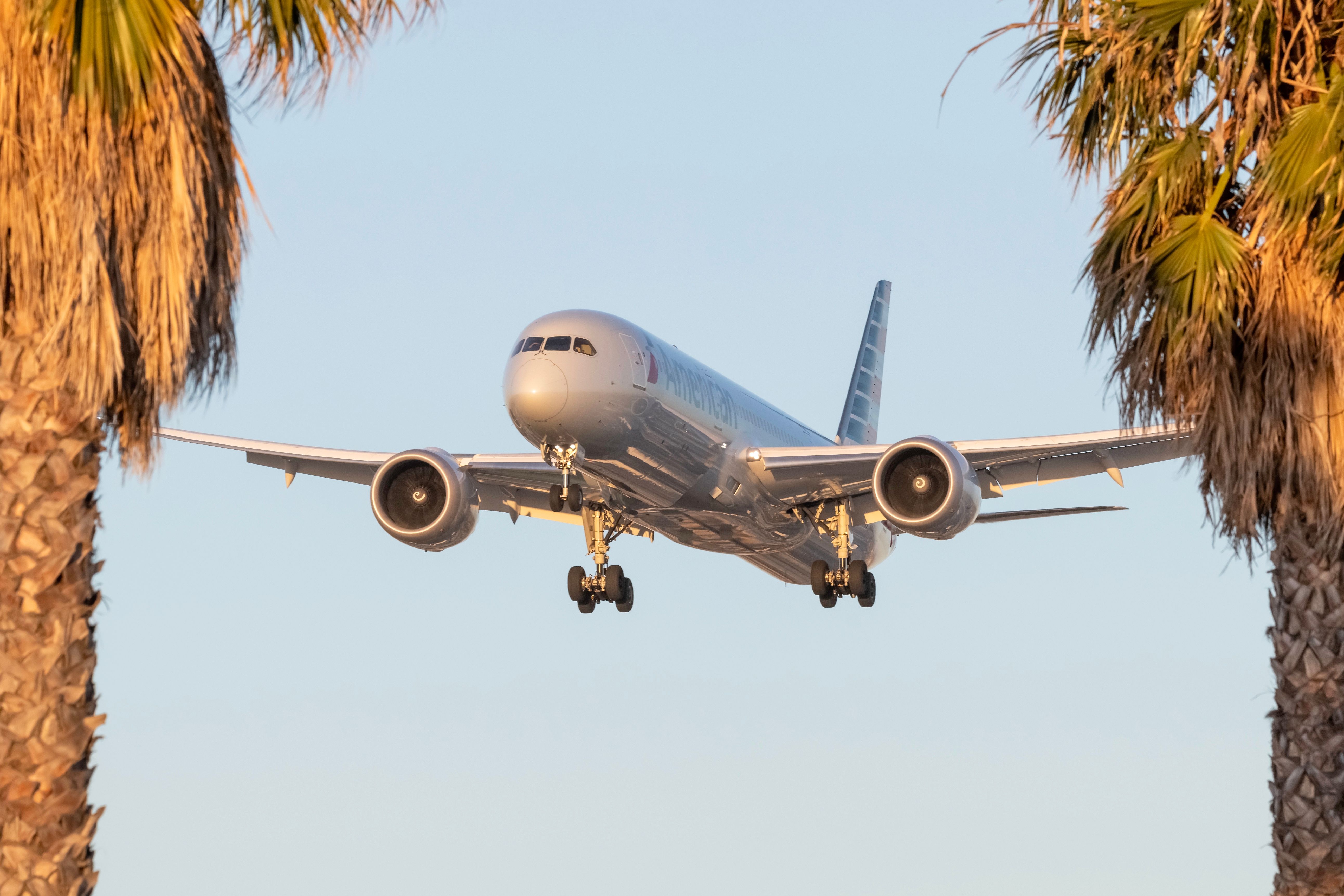
Related
Can Cabin Crew Refuse To Serve Intoxicated Passengers Alcohol?
What powers do flight attendants have when it comes to serving alcohol onboard?
Which airlines don’t serve alcohol?
Most airlines that ban alcohol sales on their aircraft are based in the Middle East, although some are based further east across Asia. Naturally, there are significant Muslim populations in these countries, and with alcohol heavily prohibited in such nations, it’s only natural that their businesses follow suit. But which exact airlines have implemented such policies? The following list charts a selection of notable examples of carriers that don’t serve alcoholic beverages onboard their flights.
Photo: InsectWorld | Shutterstock
- Air Arabia: The Emirati low-cost airline states that alcohol is prohibited onboard its planes.
- Drukair: Bhutan’s national carrier does not serve alcohol in the cabin, but you can check some in as baggage.
- Egyptair: The flag carrier of Egypt doesn’t sell alcohol. However, this doesn’t necessarily mean that it outright prohibits it. Indeed, the airline doesn’t mind catering to passengers who bring their own alcoholic products onto the aircraft.
- Iran Air: In Iran, alcohol has been prohibited for Muslim Iranians since 1979. This strong stance carries over to the national airline, with no alcohol offered.
- Iraqi Airways: Alcohol is not sold on the Iraqi flag carrier. However, passengers can carry it in checked luggage.
- Kuwait Airways: Kuwait’s national carrier doesn’t allow alcohol on its services.
- Pakistan International Airlines: PIA does not serve alcohol on its flights. Pakistan’s national carrier also doesn’t let passengers consume it while on its planes.
- Royal Brunei Airlines: No alcoholic beverages will be found in the cabin of Brunei’s flag carrier.
- Saudia: All Saudi carriers prohibit the drinking and carrying of alcohol on their services.
Stay informed: Sign up for our daily and weekly aviation news digests.
Other instances
Some carriers don’t serve alcohol on domestic routes but will offer it on international services. For example, Turkish Airlines only offers booze on international services and in its airport lounges, and this domestic trend can also be seen in other countries, such as India and China. Malaysian carrier AirAsia is also prohibited from selling alcohol on domestic flights due to local Malaysian laws. In Europe, Finnair does serve alcohol onboard domestic services, but only until 17:00.
Notably, some airlines implemented temporary bans during the COVID-19 pandemic. For instance, certain operators in the United States implemented alcohol restrictions on their services, given the significant surge in rowdy passengers. Therefore, Southwest Airlines and American Airlines decided to restrict alcohol sales in 2020 and 2021.
Photo: Vincenzo Pace | Simple Flying
Some carriers may choose to impose limits on specific routes, particularly if these routes have seen instances of unruly passengers before. Low-cost carriers like easyJet and Ryanair will often ban or strictly limit alcohol sales on early flights to prevent day-time drinkers from causing trouble – they have also outright pulled alcohol on flights to popular party destinations, such as Ibiza, given the tendency of these flights to descend into drunken rowdiness.
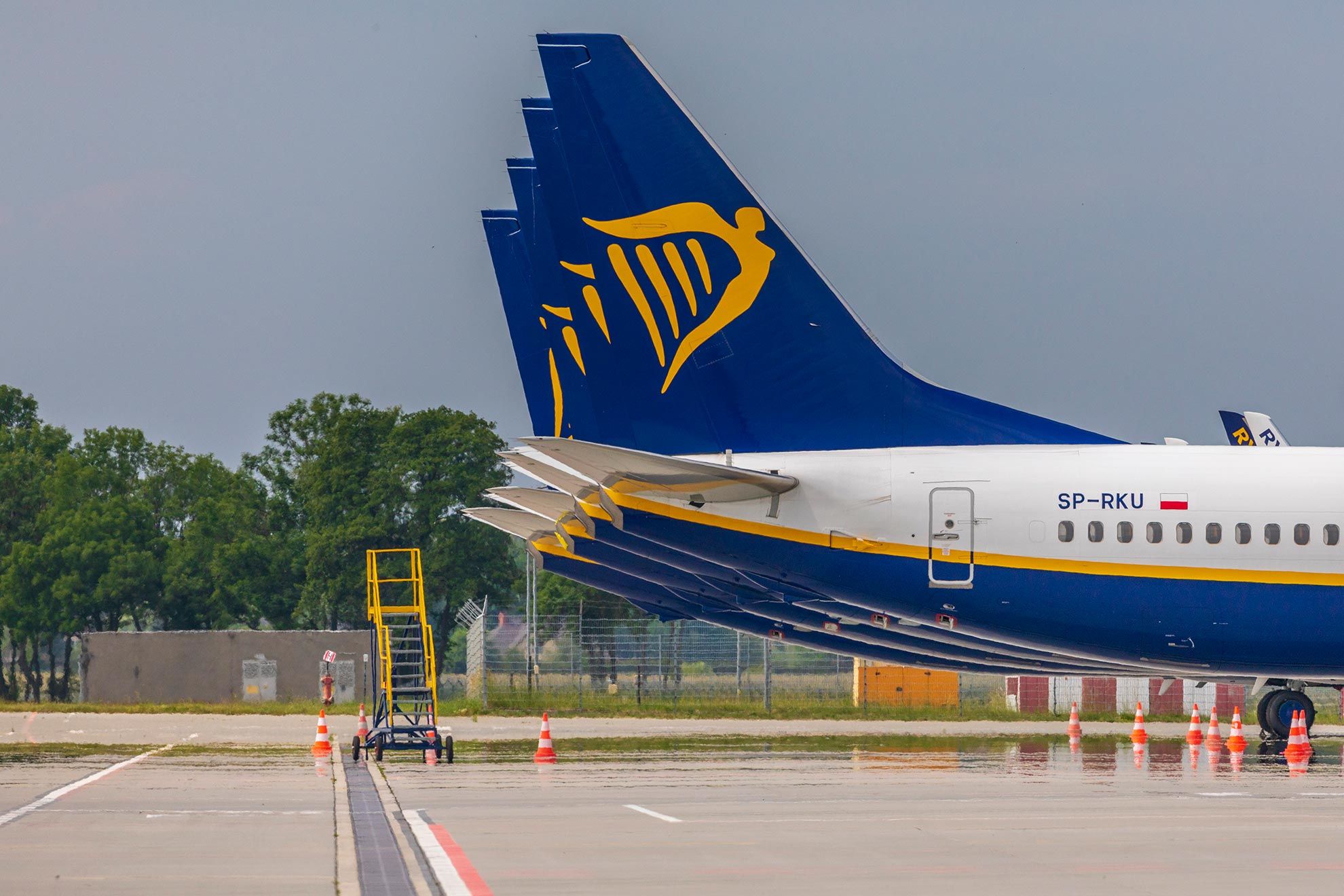
Related
Flying Ryanair To Spain This Summer? You Can’t Take Your Duty Free Alcohol Onboard
The Irish airline is looking to cut back on anti-social behaviour on board.
Do alcohol and flying mix?
In one of the perennial debates among flyers, many feel that alcohol should not be permitted during flights, or at the very least, it should be strictly controlled. However, others feel that having a few drinks is every person’s right wherever you are and that the actions of the irresponsible few should not ruin the experience for everyone.
So what does science say about alcohol and flying? Due to the effect of being in a pressurized cabin, oxygen levels and air pressure are lower than at sea level, which means passengers get drunk quicker while in the air. When combined with the psychological effect of being in an enclosed environment with strangers, the instances of passengers becoming unruly only increase.
Photo: Toshi K | Shutterstock
This also has implications for the sale of alcohol on the ground – whether in airport bars/restaurants or lounges – as many unruly passengers get on the plane borderline drunk before a few extra drinks onboard tip them over. Last year, Air New Zealand was forced to temporarily halt its self-service alcohol stations after one passenger was physically incapable of boarding her flight.
What do you think about the sale of alcohol onboard aircraft? What do you make of the policies of different airlines? Let us know in the comment section.

